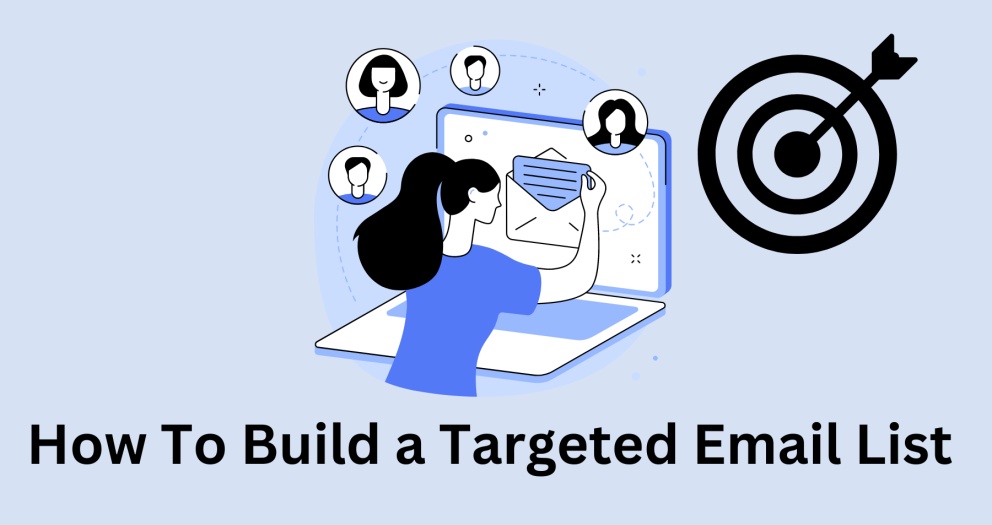Email marketing continues to be a powerful tool for businesses of all sizes. By utilizing email database marketing, you can target your customers at the right time with the right message. But before you jump in and start sending emails, it’s important to understand the basics of email database marketing so that you can maximize your efforts. Let’s take a look at the fundamentals of email database marketing.
What is Email Database Marketing?
Email database marketing refers to the practice of collecting and analyzing customer data in order to build an effective email campaign. It involves building an email list by collecting contact information from customers, prospects, and website visitors. This data can then be segmented into different groups based on criteria such as age, gender, location, interests, purchase history etc., so that emails can be sent out accordingly.
The Benefits of Email Database Marketing
One of the main benefits of email database marketing is its cost-effectiveness. With targeted emails sent to highly relevant audiences, businesses can better engage their customers and generate more conversions with minimal effort and expenditure compared to other forms of advertising. Additionally, email campaigns are trackable which means businesses have access to valuable analytics about their campaigns such as open rates, click-through rates etc., enabling them to make informed decisions about their future strategies.
How To Make The Most Out Of Your Email Database
When it comes to making the most out of your email database there are several key points that you should keep in mind – make sure you provide value in each message; create compelling subject lines; personalize emails when possible; limit how often you send messages; ensure that your messages are mobile friendly; and use A/B testing whenever possible to see which messages perform best with your audience.
Conclusion:
Email database marketing allows businesses to better target their audience by leveraging customer data collected from different sources such as website visits and purchase histories. With this information businesses can create highly personalized campaigns that will generate more conversions than traditional advertising methods at a fraction of the cost. By following the tips outlined above, businesses will be able to make the most out of their email databases and ensure that they get maximum return on investment from their campaigns.


Write a comment
Your email address will not be published. All fields are required